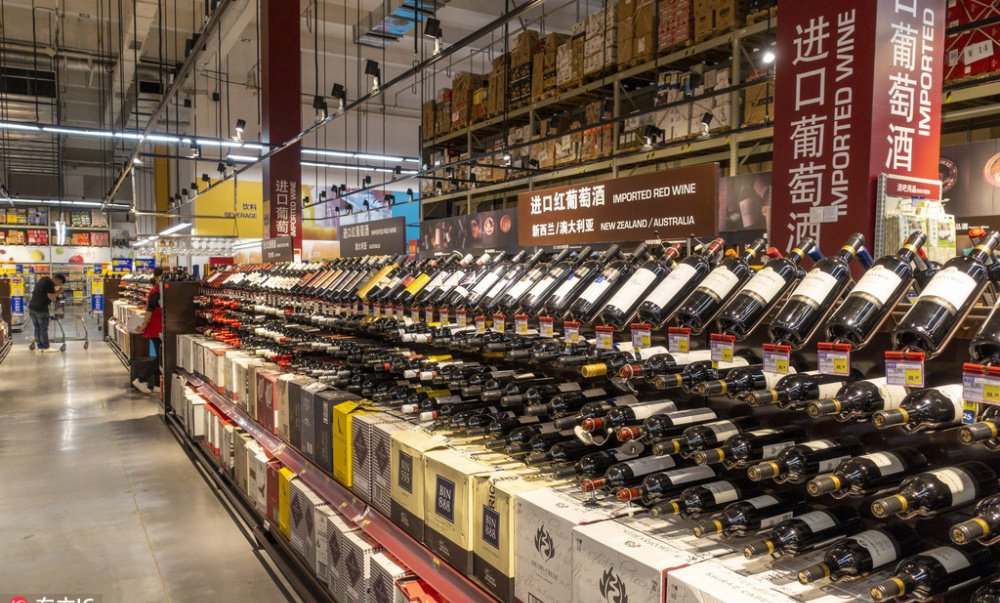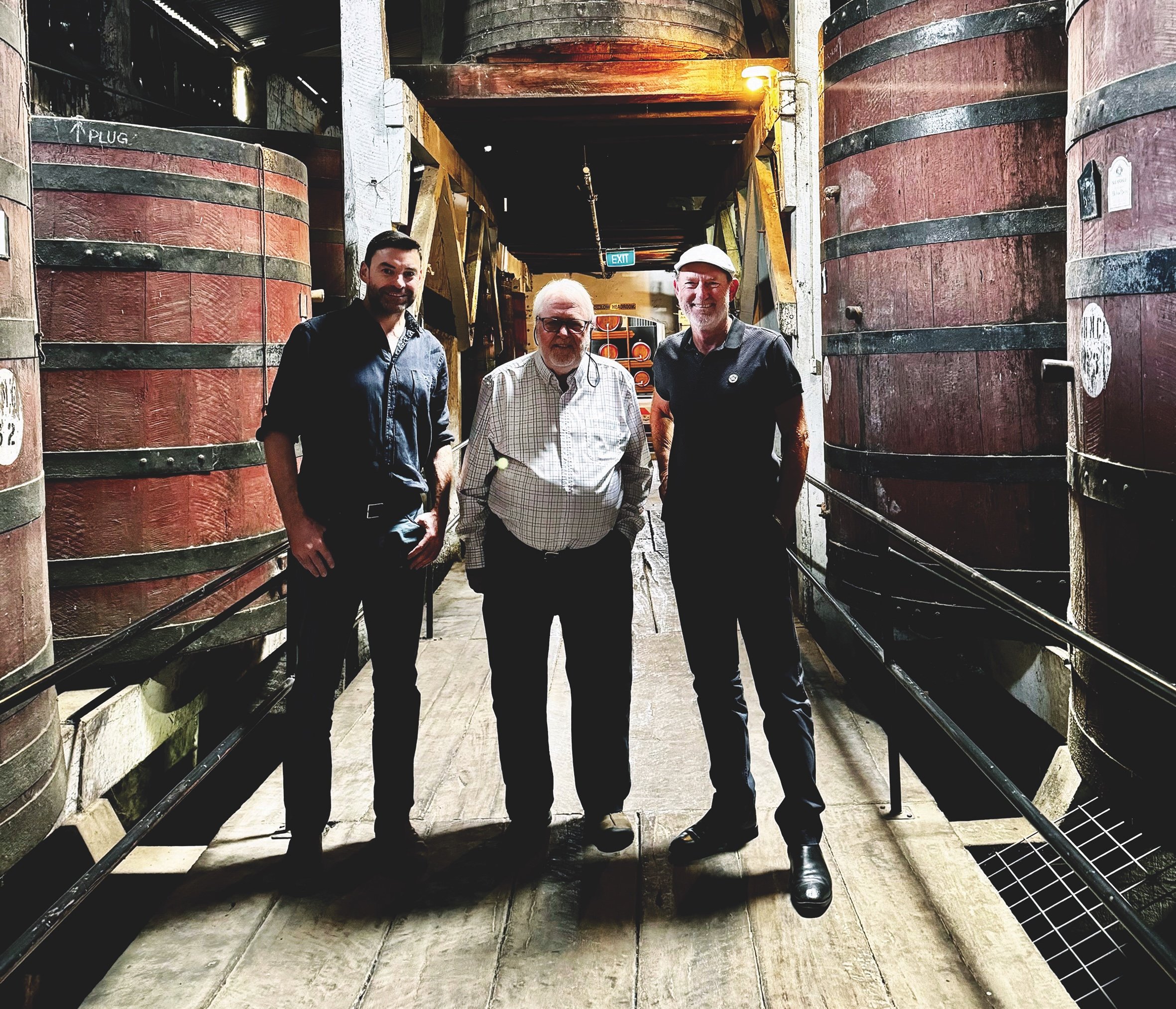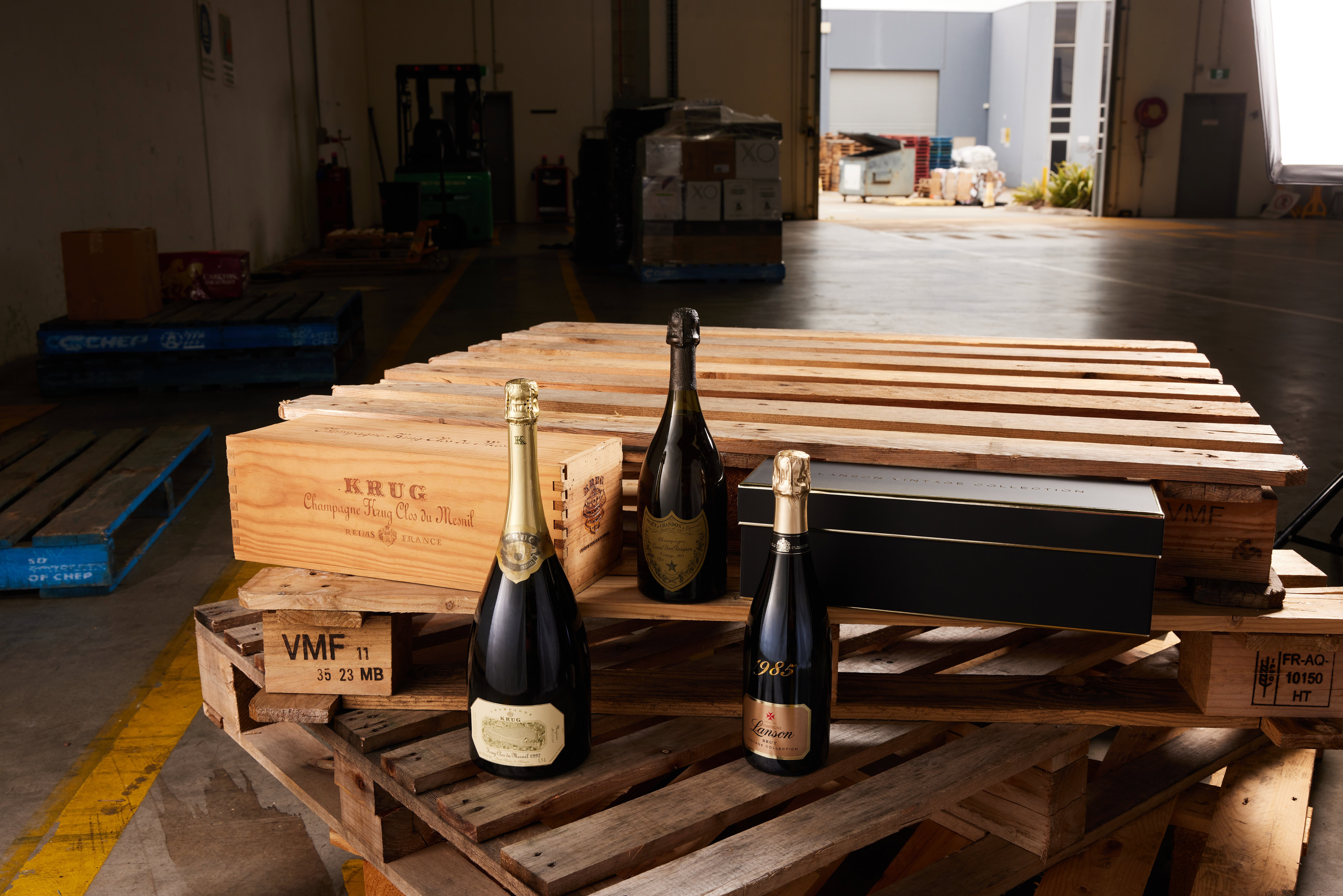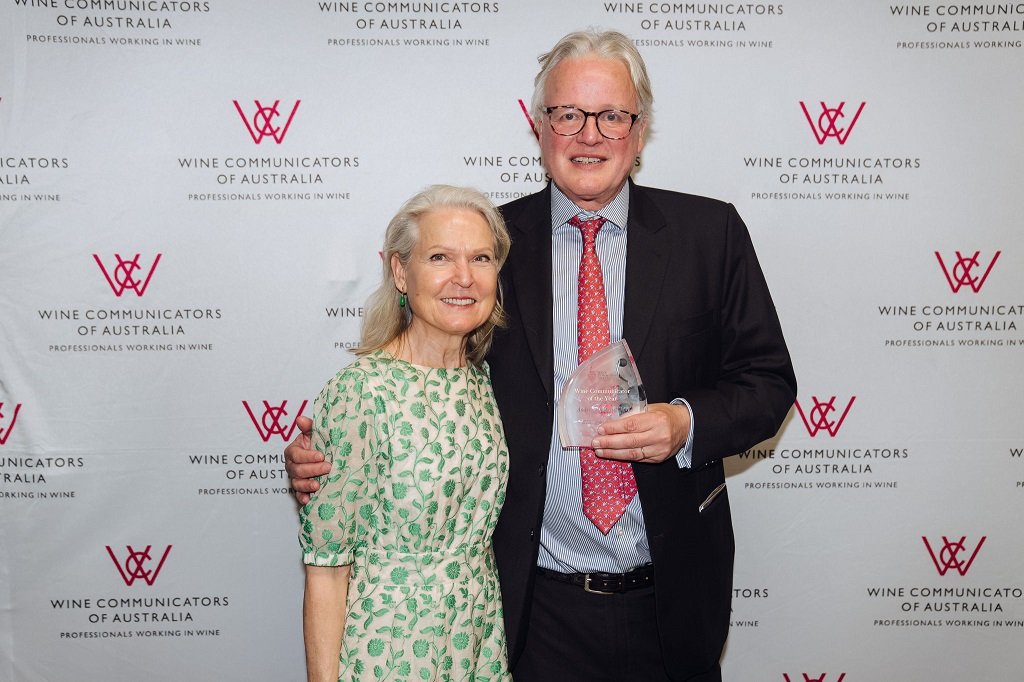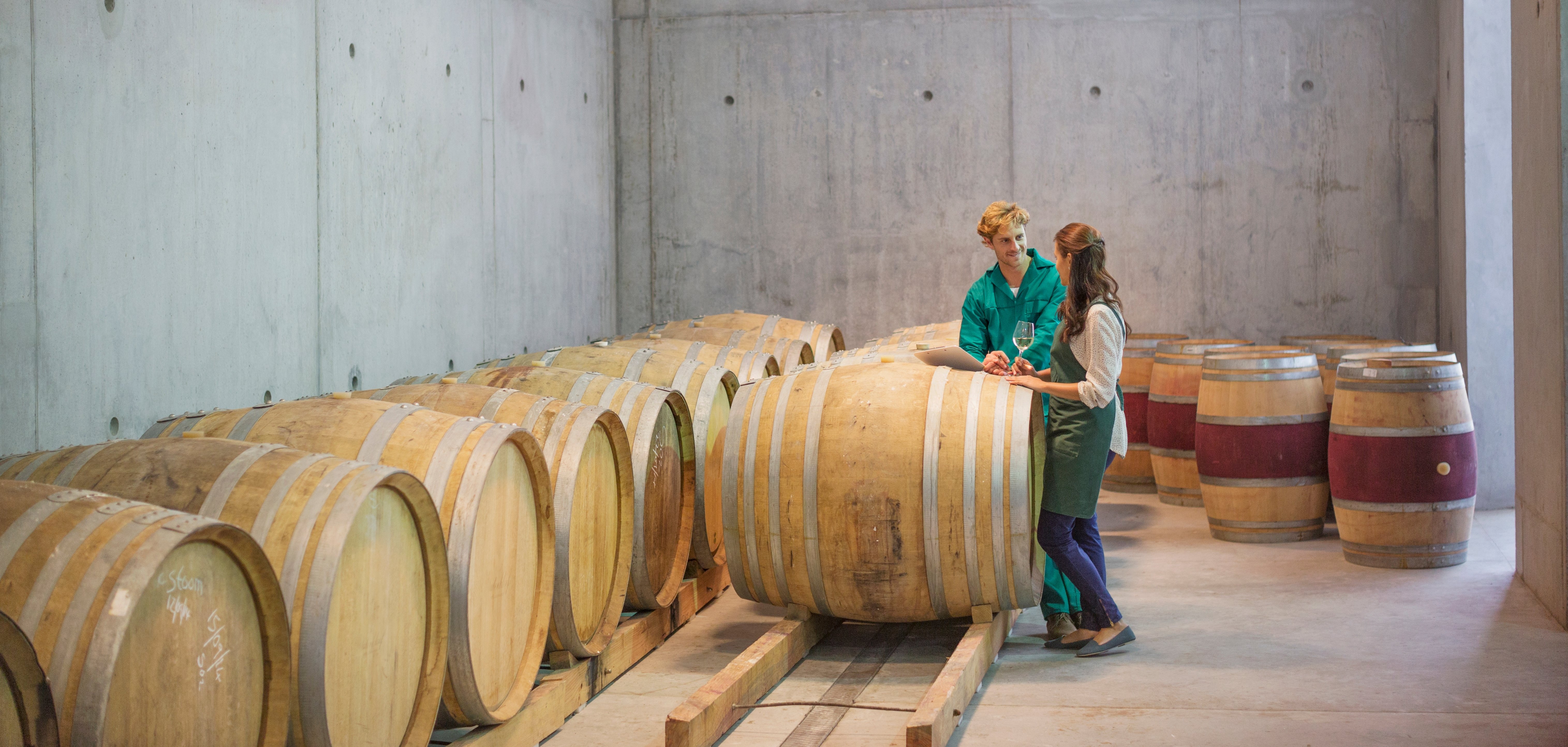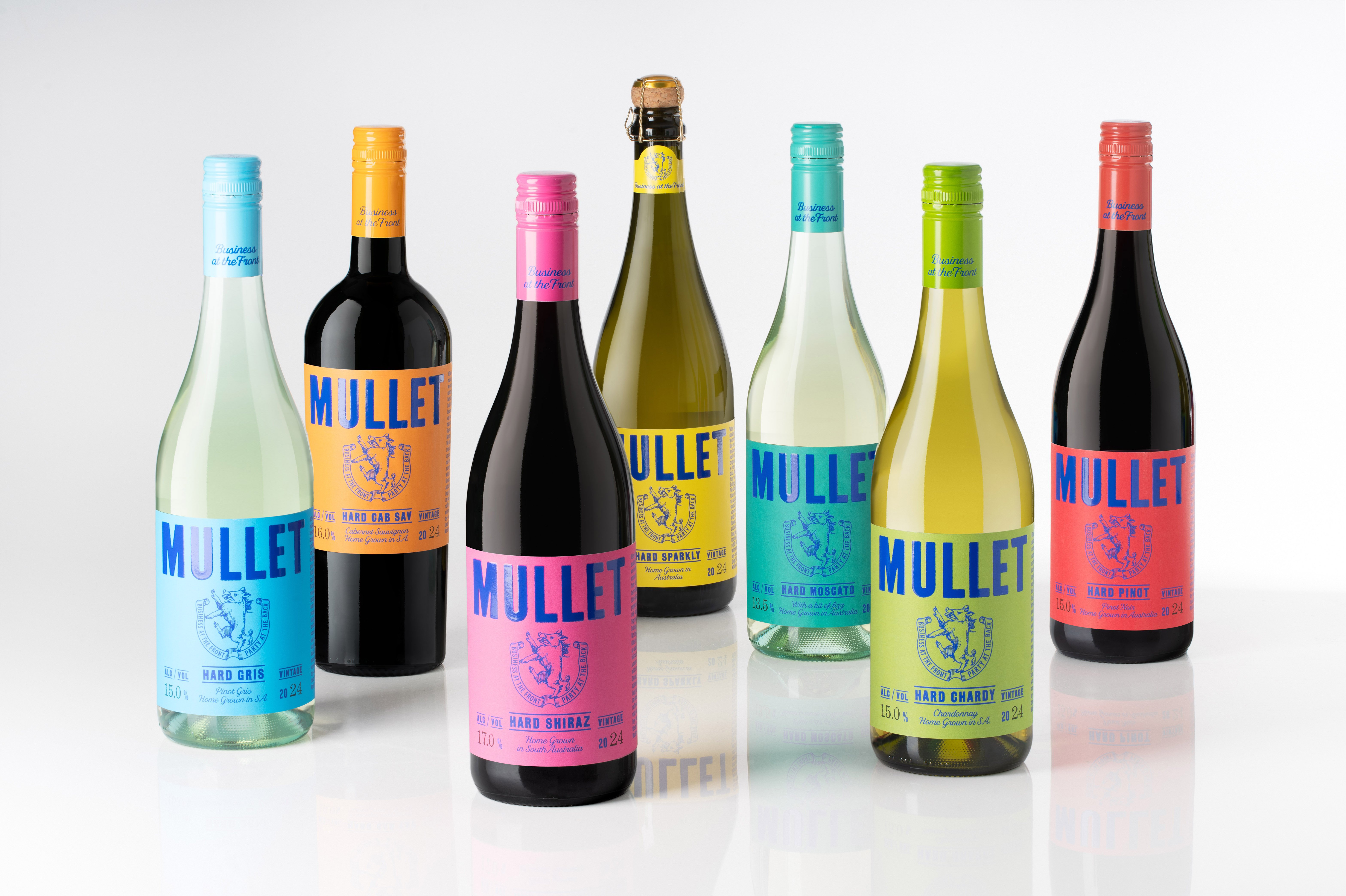Wine Australia will be closing its only physical office in China.
A spokesperson for the organisation said, “Wine Australia has made the difficult decision to close our physical office in Shanghai. This decision follows extensive consultation with the Australian grape and wine sector and is based on the current environment and market opportunity. We’re working with our Country Manager and with our customers as we finalise the details around closing the physical office.”
Australian wine exports to China were a $1.2 billion a year market until the Chinese government imposed tariffs in November 2020 which proved prohibitive to winemakers doing trading with the nation.
In Wine Australia’s last export report, the Chinese market whittled down to $214 million, falling by 79 per cent for the year from April 2021-March 2022 and when compared to the year prior.
Just days after he was installed as Australia’s new Prime Minister, Mr Albanese called on China to drop its tariffs, saying that there was “no justification” for them after attending a Quad meeting in Tokyo. Earlier this month, after Deputy Prime Minister Richard Marles and China’s Defence Minister Wei Fenghe met in Singapore, Mr Albanese said:
“It is China that has changed the nature of the relationship. They are our major trading partner. So, it is important for Australia’s economy and for jobs here that we have a relationship going forward.
“But China needs to remove the sanctions that they have put in place. There’s no reason for them to be there. We are a trading nation. We’ve fulfilled all of our obligations as part of contracts and arrangements that have been put in place.”
China has rejected the call. On Wednesday, a Foreign Ministry spokesman, Wang Wenbin, said: “The measures China has taken on imported foreign goods are strictly consistent with Chinese laws and regulations and World Trade Organisation rules with a view to protecting the legitimate rights and interests of relevant industries in China and the safety of our consumers. The measures are legitimate, lawful and beyond reproach.”
Wine Australia says it will maintain a presence in China via social media and with in-market trade representatives on brand building and marketing campaigns.
“Wine Australia’s activities in China will now operate in the same manner we do in other markets where we don’t have a physical presence, through our relationships with key in-market agency and marketing partners, trade show organisers and education networks,” it said.
Wine Australia’s is now largely focused on building the value of export markets in the United Kingdom and the United States with a longer term focus on building its presence in India and other Asian nations.
When Australia signed a free trade agreement with India - the Australia-India Economic Cooperation and Trade Agreement (AI ECTA) - just prior to the federal election.
Australian Grape & Wine’s Tony Battaglene said, “This agreement is a positive first step in our sector’s market-diversification agenda as we seek to recover from the loss of the market in China.”
Rachel Triggs who was Wine Australia’s General Manager Corporate Affairs and Regulation at the time said, “There is potential for growth in the sale and consumption of Australian wine in India with Australia already having the greatest share of the imported wine market. In particular, the AI ECTA will make India a more viable proposition for small to medium winemakers who have not previously contemplated entering into that market.
“The wine culture in India is maturing as consumers discover and learn more about wine. It’s exciting to contemplate Australian winemakers playing a role in that maturation, and the AI ECTA will make it easier for them to do so.”
Photo thanks to China Daily.
Share the content
